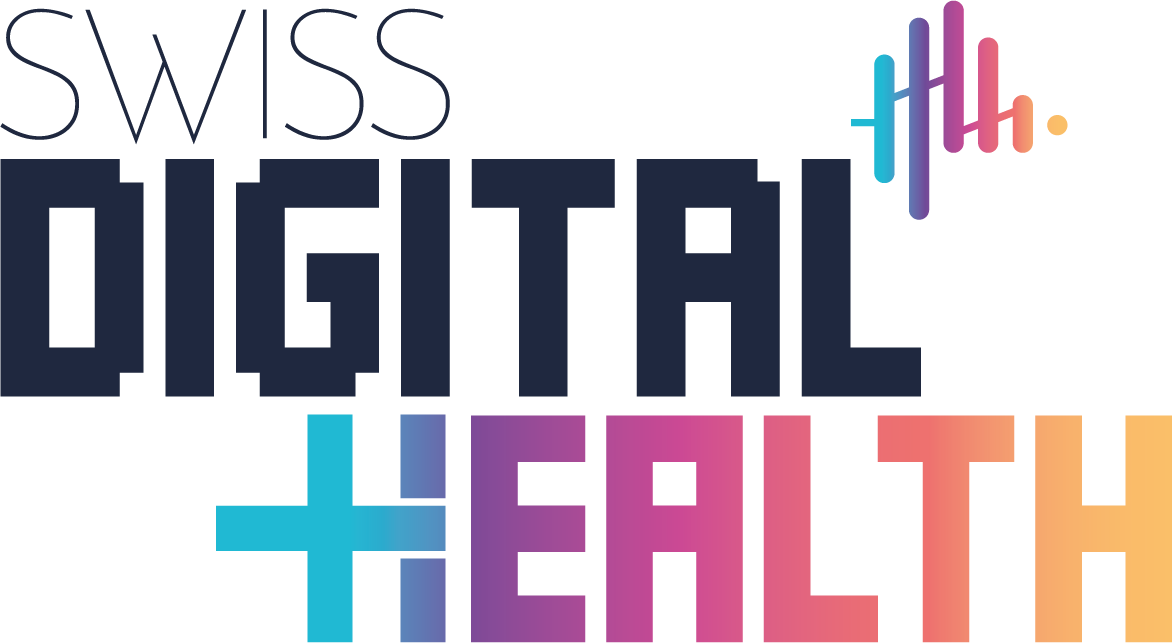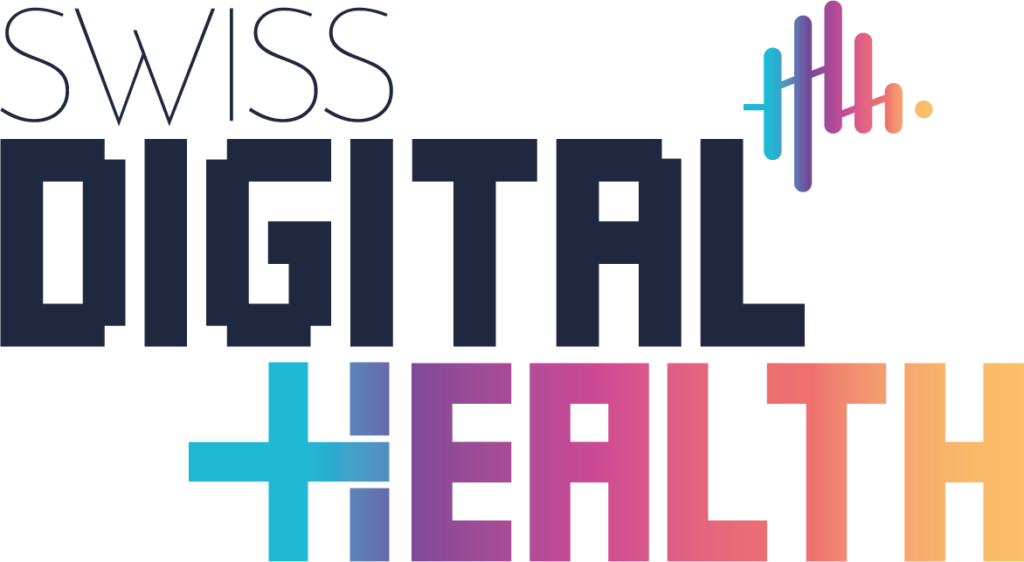Artificial intelligence (AI) is already a reality in the healthcare sector, gradually overturning our approach to medicine.
Investments in AI companies in the life sciences and healthcare sectors, in Switzerland, account for over 18% of total funding, or $281.9M in 2021. This represents the second-largest category in terms of investment volume (out of 18 categories).
AI is at the heart of the medicine of the future, with assisted operations, remote patient monitoring, intelligent prostheses and personalized treatments based on big data. Generative AI, embodied by ChatGPT, promises to further transform day-to-day clinical practice.
In Switzerland, it is being successfully deployed in hospitals, particularly in medical imaging and cancer diagnosis.
In this Deep Dive, Swiss and international experts share their views on the potential of artificial intelligence in healthcare.
What are the prospects for AI in healthcare?
Artificial intelligence (AI) is increasingly used in healthcare information management to improve the accuracy, efficiency and speed of various tasks.
Its use is seen in the following areas:
- Improving the speed and accuracy of disease diagnosis and screening
- Early detection of certain diseases
- Facilitating clinical care
- Facilitating the daily lives of people with disabilities (sources)
- Strengthen health research and drug development (source)
- Support various public health interventions, such as disease surveillance and health system management.
But AI’s potential doesn’t stop there. In 2024, this technology will move from experimentation to real-life use cases, particularly in areas that reduce administrative burdens.
Discover the sector where AI is revealing its potential through several practical case examples.
Performing administrative tasks, to free up time for medical staff.
According to Blaise Jacholkowski, Principal Business Consultant at Zühlke, there is an urgent need to restore the essential link between carer and cared-for, in a system where medical staff are often constrained by a lack of time.
AI takes its place in routine tasks such as medical image recognition, automated document processing, inventory management and resource allocation and utilization. This would allow more time to be devoted to patients and to focus on complex tasks.
Generative AI will be able to combine not only data from different sources, but also information from entirely different modes, such as imaging examinations, laboratory results and patient interviews.
Improving access to treatment

Detect weak signals offering opportunities for prevention
– Stroke prevention using a monitoring device

AI, a virtual nurse to answer questions about medication, schedule doctor’s visits or send reports to doctors
Support diagnosis, predictive and personalized medicine
AI is opening up new horizons by leveraging unstructured data and minimizing medical errors that can lead to death. The idea of having expertise directly accessible to the patient thanks to AI is of growing interest, even if it remains a goal yet to be achieved.
Blaise Jacholkowski, Principal Business Consultant at Zühlke

Clinical recommendations for monitoring patients suffering from depression
AI can be an effective therapeutic alternative, as a recent study points out. “Surprisingly, AIs like ChatGPT sometimes outperform humans in terms of empathy and nuanced responses, making them potentially more effective in clinical recommendations for monitoring patients suffering from depression,” explains Blaise Jacholkowski, Principal Business Consultant at Zühlke


Early detection
- of lung cancer
Led by Henning Müller and the Histopathology Department at Valais Hospital, an SNSF-supported research project aims to support healthcare professionals in detecting lung cancer and aiding diagnosis via algorithms.
- autism spectrum disorders
Led by Antoine Widmer of the HES-SO Valais/Wallis, an SNSF-supported research project is pursuing the detection of autism spectrum disorders using video games and AI.
- of stroke
Abderrahmane Hedjoudje, assistant physician in neuroradiology at Valais Hospital, explains that this technology has the potential to redefine the patient care pathway: “From the moment a patient is taken into care in the emergency department, particularly in the case of a stroke, it is important to take into account various parameters and information to ensure informed decisions. In this context, AI positions itself as a crucial tool, capable of processing this multiple data to make relevant predictions about the patient’s potential clinical course”.
Facilitating access to medical knowledge
Artificial intelligence enables breakthroughs in hitherto unexplored territory.
- Predicting protein structure from amino acid sequence with AlphaFold
- Facilitate the search and summarization of electronic health records by automatically generating a first draft of the hospital discharge narrative with Meditech
- Guiding clinical decision-making: MediTron is the world's most powerful LLM, adapted to the medical field and designed by EPFL scientists to help healthcare professionals.
Creating new professions
As this technology takes off, we need to improve our interactions with LLMs (such as chatGPT) and professionalize them. Prompt engineering, which underpins design, refinement and implementation, is therefore booming and offers new job prospects.
Understanding how AI works to use it better
ChatGPT is a stochastic parrot
There isn’t one AI in healthcare, but many AIs.
We need to distinguish between deep learning networks, known as deep learning, and the “new revolution of generative AI”, which has the capacity to develop computer code itself” invites David Gruson, co-founder of EtikIA.
A generative AI is a system that takes data and generates content. An AI is therefore not there to produce coherent and fair content, but it works on a probabilistic distribution.
We shouldn’t be depressed by these contents, which are sometimes crazy. Generative AI doesn’t make sense, it generates content.
Christian Lovis, Head of the Medical Information Sciences Department at the HUG.
We mustn’t forget that ChatGPT is trained to produce answers that people like. We therefore have to check on a case-by-case basis whether the statements correspond to the state of knowledge or are biased.
Dr. rer. biol. hum. Reinhold Sojer, Head of the WFH’s Digitalization / eHealth Division.
Data digitization: a pharaonic undertaking
The disruptive events associated with the Covid pandemic have highlighted gaps and biases in data management, particularly in the reporting of positive cases. Digitization, combined with AI, represents a race ahead for the entire country. However, healthcare data faces serious obstacles.
In healthcare, the multiplicity of data from different specialties (genomics, proteomics, metabolism, microbiome, etc.) is a wealth, but interconnecting them is crucial to fully understanding the reasons behind a disease.
In clinical records, there is a huge disparity between the amount of data documented and that required for a complete understanding.
However, these data are scattered, just like human singularities.
Christian Lovis, Head of the Medical Information Sciences Department at the HUG
Between computing power and the climate crisis
LLMs don’t just consider the previous words but analyse the whole previous context. They learn continuations based on models learned elsewhere, using probability to make decisions. However, the size of the model is not enough; they need to be trained with considerable computing power to operate effectively.
Andrei Kucharavy, co-founder of the Gen Learning Lab at HES-SO Valais/Wallis.
What’s more, the impact of digital technology on climate change – to which the meteoric rise of artificial intelligence is contributing through its growing demand for energy – is becoming urgent to limit.
According to an article published by the CNRS (French National Centre for Scientific Research), reactions to this issue are not very strong today:
“Humanity is still sticking to the recipe that says the bigger a model is, the better it is. But this is a very inefficient way of proceeding. We also know that there is considerable scope for progress in terms of efficiency, even if we haven’t yet found the scientific keys to unlocking this potential.
Obstacles
& risks
The use of artificial intelligence (AI) in healthcare can entail risks, particularly in terms of security, privacy and the dignity of the individuals concerned.
Potential incidents can lead to serious repercussions for the individuals whose data is involved, including such things as unwanted targeting of their profile, phishing attempts based on their medical data, identity theft, or discriminatory treatment of their requests from providers outside the medical field.
Large language models such as the one used by ChatGPT could soon become essential tools for diagnosing and treating patients. But adjustments are still needed, because according to the diverse scientific literature on the subject, diagnoses and treatment recommendations may turn out to be erroneous or inappropriate, with serious consequences for patients.
Dr. med. François Bastardot, MSc, physician in charge of the Clinical Information System, Vaud University Hospital (CHUV) in the Swiss Doctors’ Bulletin.
Prof. Dr. med. Claudia M. Witt, Professor of Complementary and Integrative Medicine and Director of the Digital Society Initiative at the University of Zurich, in the Swiss Doctors’ Bulletin.
Conclusion
Huge potential...
to be used with lucidity!
Christian Lovis insists on the need to move from simple raw data to a deeper semantic understanding in order to build relevant healthcare models. “We need to make things relevant, and that requires clinicians and patients too!
Challenges persist in the effective use of healthcare data and AI, requiring a holistic approach and a deep understanding of the nuances of data to truly revolutionize medicine.
Blaise Jacholkowski stresses the crucial importance of putting safeguards in place to ensure the credibility and reliability of the information provided by these AI systems. While regulation in this field is still in progress, the emergence of models such as Med.PaLM 2, dedicated to healthcare and tested in renowned institutions such as the Mayo Clinic, demonstrate the constant evolution of this technology.
Blaise Jacholkowski envisions a patient journey of the future, where AI will be integrated at every stage, from online consultation to home interactions for recovery, paving the way for more targeted and precise care.
Governments and regulators around the world are working on regulations to frame the use of AI in healthcare.




